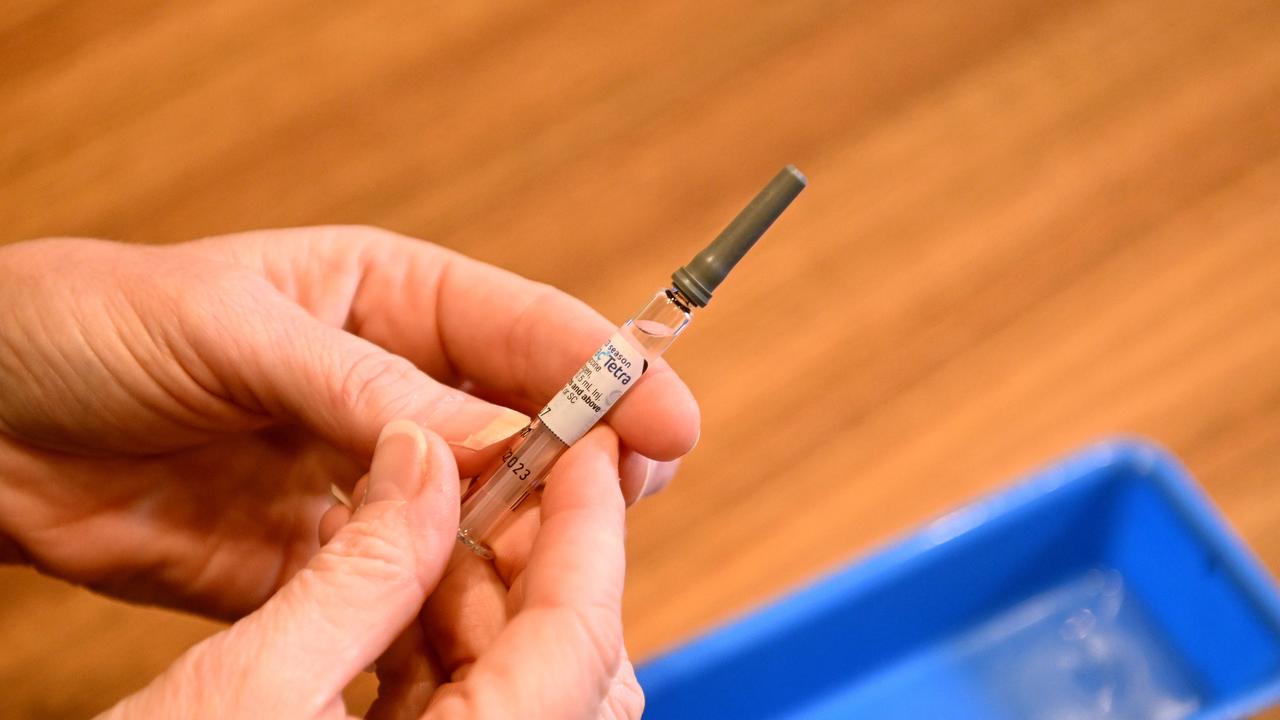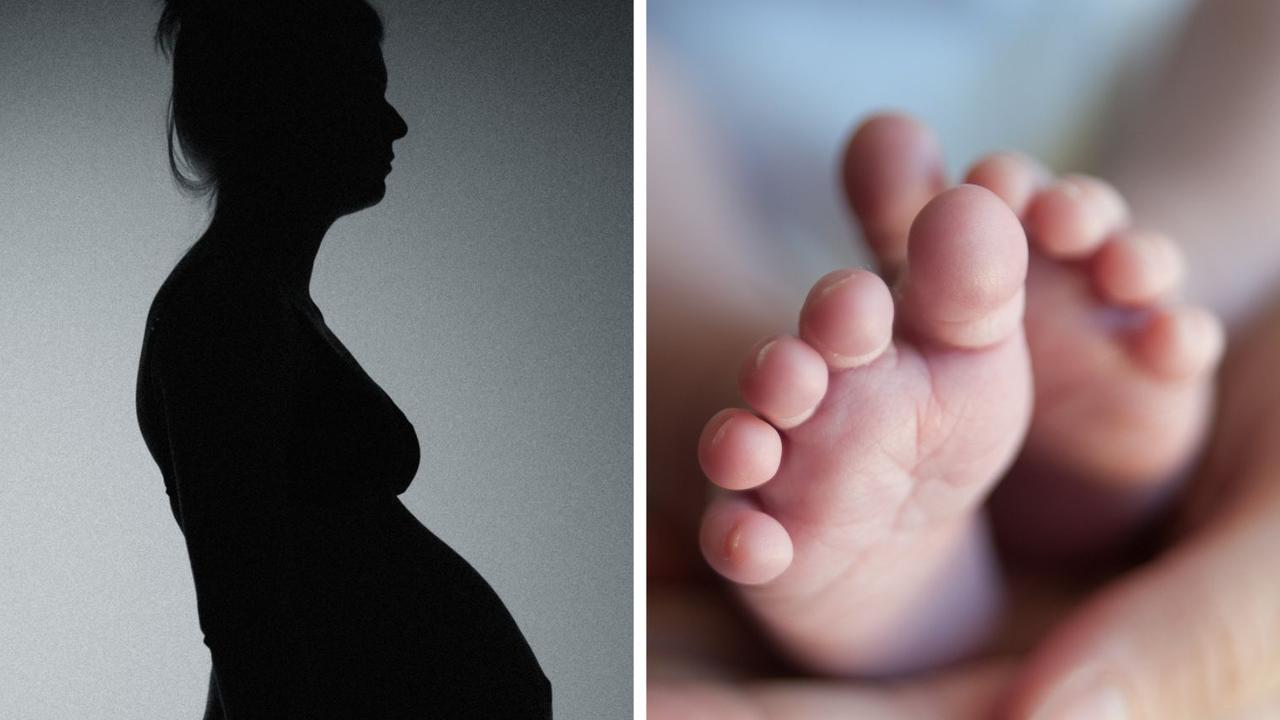Aussie travellers urged to check measles vaccination record after new cases
Aussie travellers set to go overseas have been urged to check their vaccination history after two cases of an infectious disease were recorded.
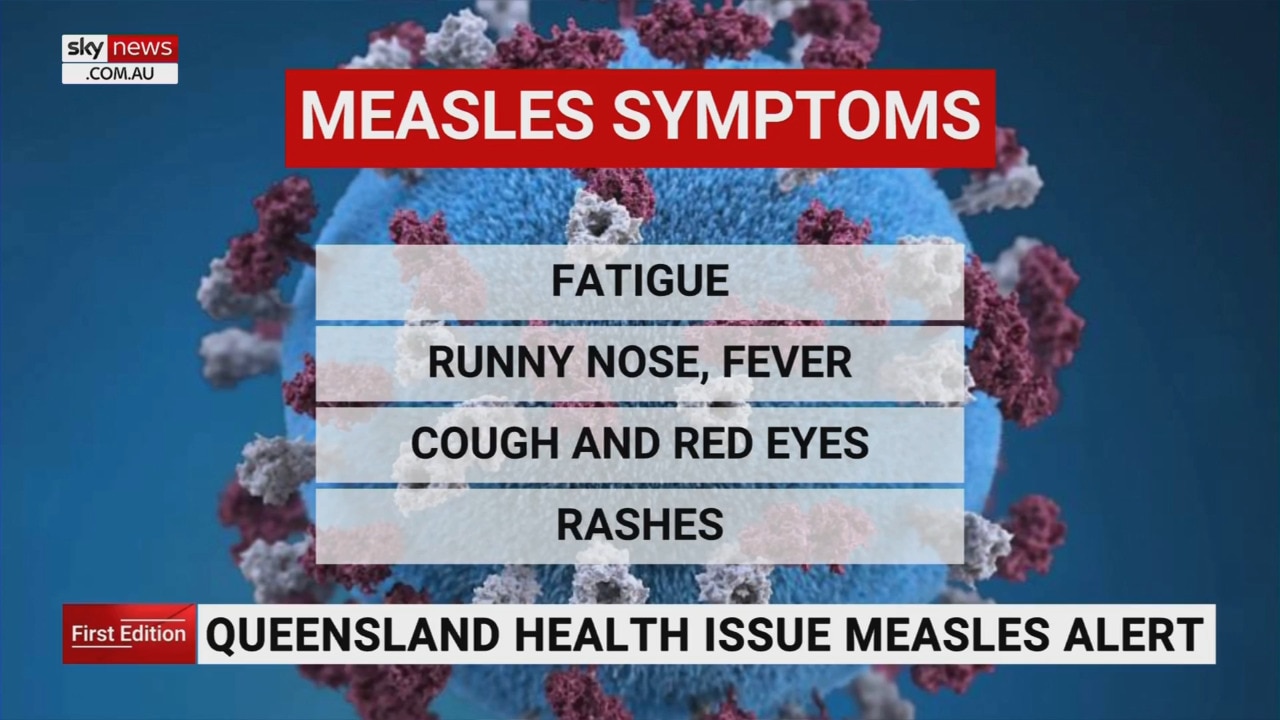
A health chief has urged Aussies planning on overseas travel to ensure they’re up to date with vaccinations after NSW recently recorded two new cases of measles from travellers returning from Bali.
Earlier this month, residents on NSW’s Mid North Coast were put on high alert after an infected person attended a series of events, including two junior AFL games in Coffs Harbour and Woolgoolga.
In February, an infected traveller who flew from Jakarta to the ACT, and via the Sydney international and domestic airports, also triggered an urgent health alert.
Five measles alerts have been issued by NSW Health in 2023, with the majority of cases linked to overseas travellers.
Similar incidents have also been reported in South Australia, Victoria and Queensland this year, leading to a flurry of health alerts.
The virus is also common in countries like the Philippines, India, Indonesia (including Bali), Vietnam, Thailand and parts of the Middle East and Africa.
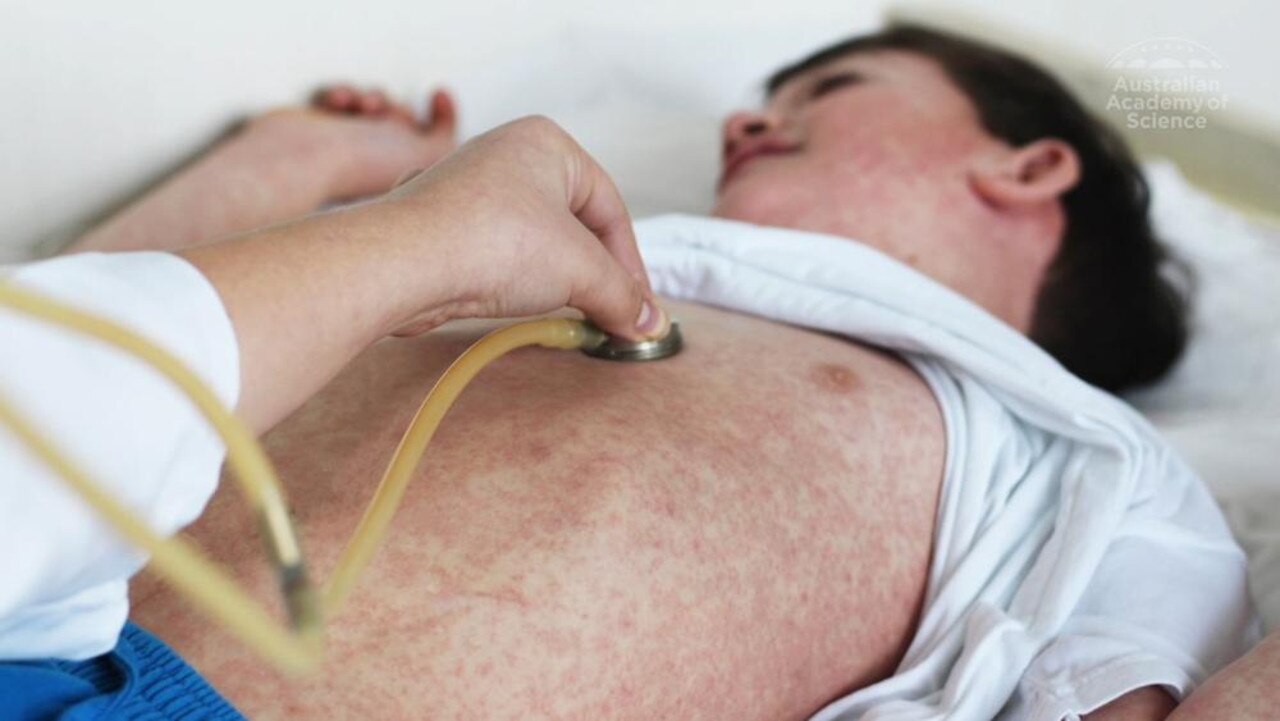
According to the World Health Organisation, Indonesia has reported a significant increase in suspected and confirmed measles cases in the past year.
A total of 2161 suspected cases were detected between January 1 and April 3 this year, with 4845 laboratory-confirmed cases reported in 2022. In 2018, only 920 cases were reported during the entire year.
NSW Health communicable diseases branch director Christine Selvey said anyone not vaccinated was susceptible to catching the highly infectious disease.
“Measles can be very severe and people with measles often require hospitalisation; however, it is almost completely preventable through vaccination,” Dr Selvey said.
She also urged returning travellers who developed symptoms to immediately contact their GP for testing, especially if they’ve recently returned from a high-risk areas such as southeast or southern Asia, and Africa.
“Travellers who develop symptoms should call ahead to their GP or emergency department to ensure they don’t wait in the waiting room with other patients,” she added.
NSW Health Minister Ryan Park called on the community to follow the health advice.
“Whether you’re planning to travel overseas, or you’ve recently returned, all of us can take simple steps to protect ourselves and each other from this illness,” he said.
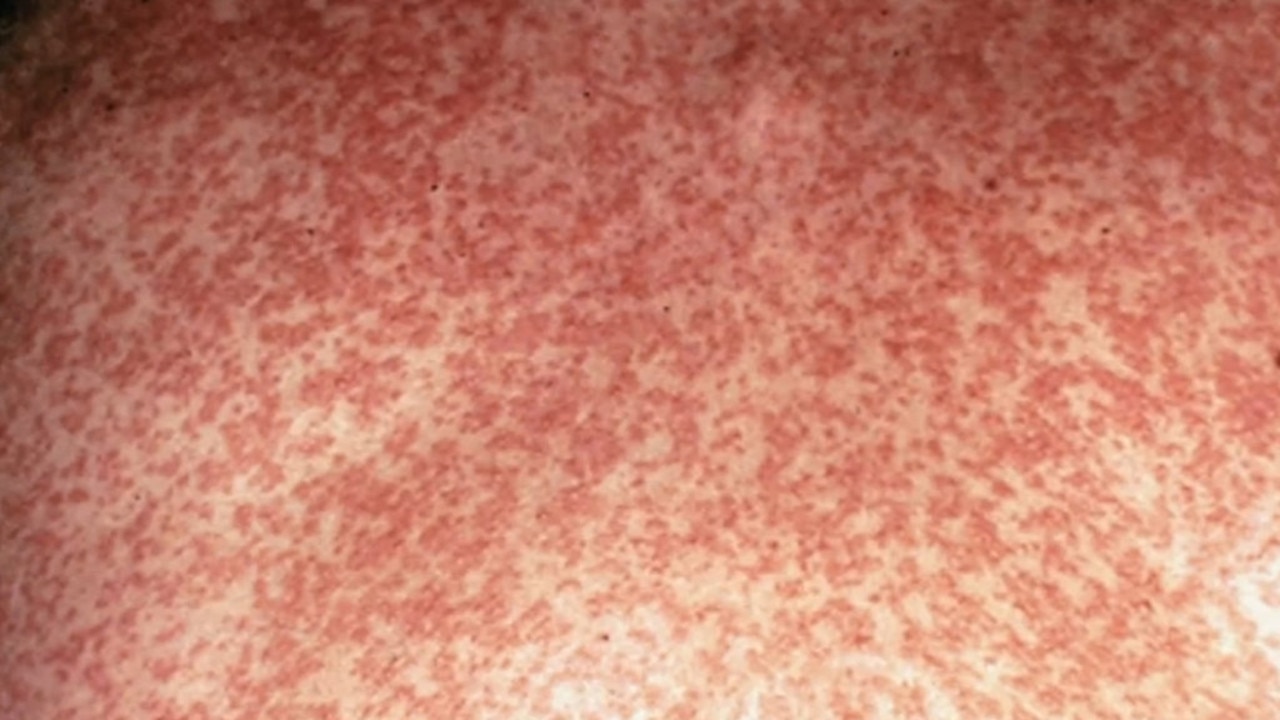
Initial measles symptoms can manifest as a fever, runny nose, cough and conjunctivitis before a patient is likely to develop a blotchy rash.
The skin condition appears three to four days after the initial symptoms occur and normally begins on the face before spreading to the rest of the body.
Measles is a highly infectious airborne virus and can result in serious complications like pneumonia (lung infection) and encephalitis (inflammation of the brain).
Vaccination is considered the best form of protection and can be administered in babies from six months of age.
The measles-mumps-rubella (MMR) vaccine is free for people born after 1966 and can be obtained from a GP or a pharmacy for people over 12 years of age.


